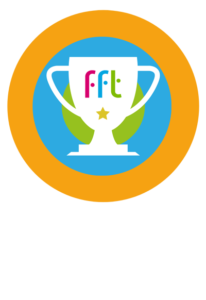“We learn about our amazing world, how it works and how we can protect our planet and it’s people.”
Geography
At Arlecdon Primary School we provide a broad and balanced curriculum; ensuring the progressive development of geographical concepts, knowledge and skills; Furthermore, we aim to inspire in pupils a curiosity and fascination about the world and its people that will remain with them for the rest of their lives.
We passionately believe that through active engagement in geography, children are enabled to learn not only about the world but also how it works, how it fits together and most importantly how they can make a positive contribution to it.
We deliver the Primary National Curriculum for Geography in KS1 and KS2 and we have identified objectives from the EYFS Statutory Framework that are prerequisites for this learning. We have ensured a progressive coverage for all year groups by identifying Key Concepts which allow the children to revisit ideas several times during their time with us; this allows them to develop a deep understanding of the main ideas of Geography. Fieldwork enables these skills to be used in “real world” situations and brings learning to life. By the time children leave us, they have a solid grounding in order to be able to take on the KS3 Geography curriculum.
We endeavour to ensure our pupils leave with a passion to be good citizens and play their part in protecting the planet and its people.



Enrichment and Geographical Fieldwork
Fieldwork is crucial as it provides “real world” opportunities for children to develop their geographical skills and make links from classroom learning to real life situations. Key Stage 1 spend time in the school grounds and village during their topics based on their locality. We are lucky enough to be positioned on the fringe of the Lake District National Park and within easy reach of the beautiful beaches on the West Coast. Key Stage 2 fieldwork opportunities utilise our unique position. We work with the Rivers Trust in school and this culminates in a fieldtrip to Dodd Wood to study the mountains and use our map skills. We undertake beach-based fieldwork linked to pollution and our human footprint. We also undertake a fieldwork study focusing on the implications of potential new housing in our locality, this helps the pupils appreciate the pros and cons of living near to a Power Plant, namely Sellafield.
We embrace any enrichment activities be it further trips into our local area or welcoming guests into school. As well as termly Forest School trips for the whole school we take every opportunity we can to ensure that pupils experience a range of local places. Through this we hope they begin to realise the importance of being outdoors on their mental health and wellbeing and how they play a crucial role in securing the future of our precious planet.






